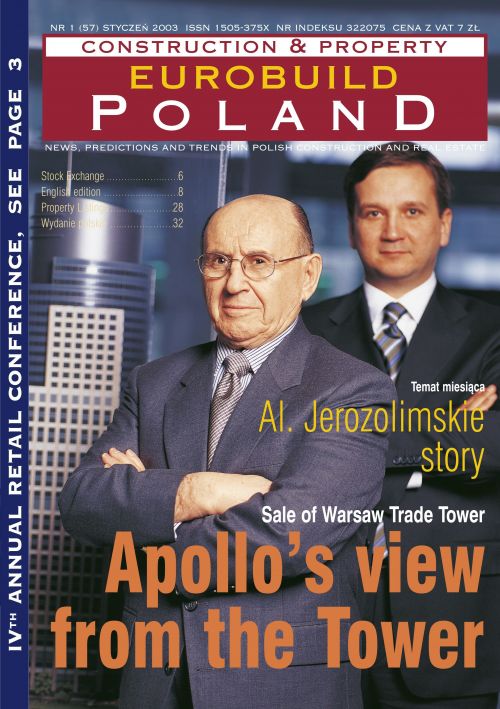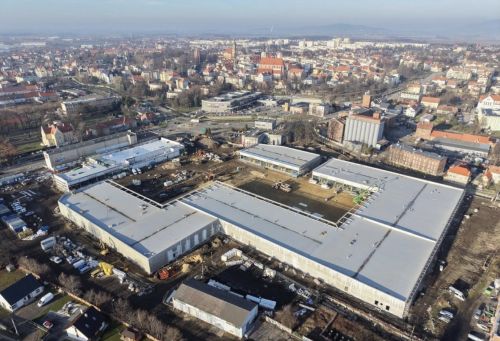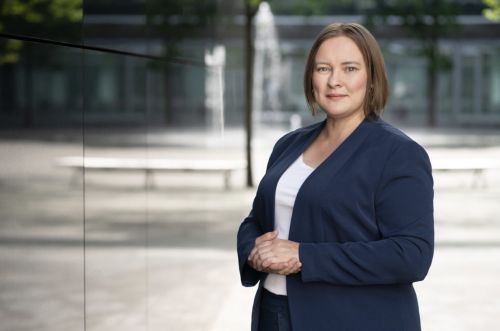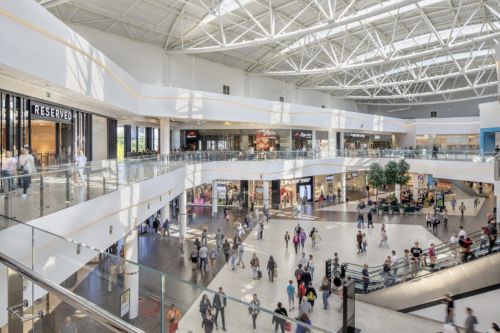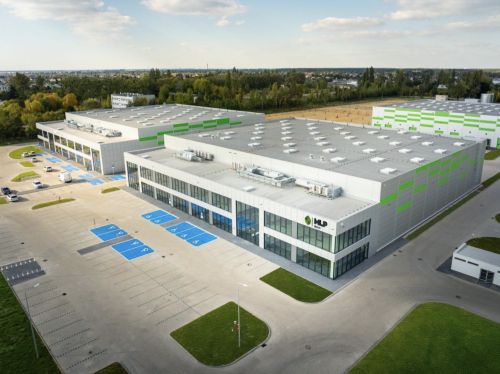This stretch of the capital city has been transformed from
wasteland to a magnet for some of the world's most renowned firms, in just over
eight years. From where Plac Zaswiszy unravels to run away from the CBD, to
where Jerozolimskie crosses Łopuszańska, office development in this part of
Warsaw, could soon begin to rival that of the city centre. Not that every
building there is brimming with tenants
"When we arrived in 1996, we had to walk around in the
mud, as there weren't even pavements," says Kamila Zębik of WeCare,
Liebrecht and wooD, one of the main developers along this route, with the Batory
Building and Kopernik Office Buildings. "When we started construction in
1994 there was nothing but fields," confirms Andrzej Mikołajczyk of the
Mahler Project, developers of the first multi-tenant complex to arrive on this
particular scene, Ochota Office Park.
New high-tech phase
These days, construction workers from Warbud, busy building Jerozolimskie
Company House 2,



























